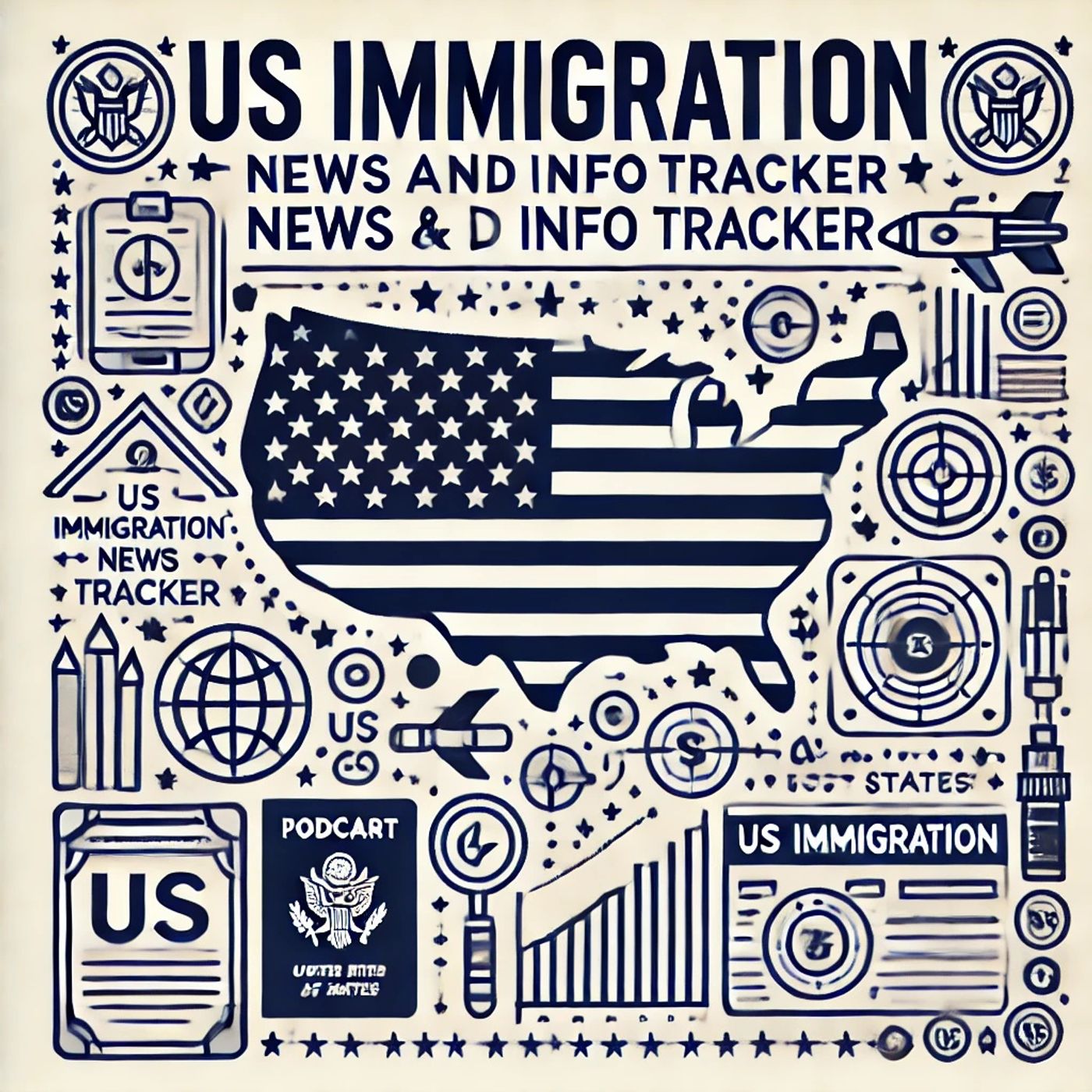Concerns Over Proposed Surveillance Expansion Under Potential Trump Return
Description
In recent developments, civil rights and immigration advocacy groups are expressing significant concerns over potential expansions in surveillance powers proposed by former President Donald Trump, should he return to office. These apprehensions arise amidst Trump's promises to implement mass deportations and aggressive crime reduction strategies, citing the targeting of what he refers to as "enemies within" as a central component of his proposed policies.
During his previous administration, Trump enacted stringent immigration measures that included a travel ban on several Muslim-majority countries and a significant increase in deportations. These measures were met with criticism for their perceived discriminatory underpinnings and violations of human rights. Now, the prospect of a renewed bid for the presidency raises alarms among civil rights organizations, who fear that an amplified use of surveillance and big data technologies could further infringe upon the rights of immigrants and marginalized communities.
The nexus between enhanced surveillance capabilities and immigration enforcement is a particular point of contention. Critics argue that the use of sophisticated data collection methods, including facial recognition, social media monitoring, and other forms of digital surveillance, could lead to unprecedented levels of government oversight into the daily lives of individuals. The worry is that such tools, if used unchecked, could facilitate widespread privacy violations and discriminatory practices, disproportionately affecting non-citizens and people of color.
Moreover, advocacy groups caution that the rhetoric surrounding "enemies within" may open the door to targeting political dissenters and activists, potentially chilling free speech and assembly rights. Historically, the use of expansive surveillance has been scrutinized for inadequate oversight and lack of transparency, issues that civil rights proponents argue have been insufficiently addressed.
On the flip side, proponents of the proposed measures argue that enhanced surveillance could bolster national security by preventing crimes and identifying potential threats more effectively. They claim that the use of big data analytics could lead to more precise law enforcement operations and improved public safety outcomes.
Nonetheless, the ethical implications of these technologies in immigration enforcement remain a hotly debated topic. The intersection of technology, privacy, and state power presents a complex landscape where the rights of individuals must be carefully balanced against the goals of national security and crime reduction.
As the conversation continues, civil rights groups emphasize the need for robust safeguards and oversight mechanisms to ensure that any expansion of surveillance powers does not come at the expense of fundamental freedoms. They advocate for transparency in the deployment of such technologies and stress the importance of maintaining a system of checks and balances that protects individual liberties.
The dialogue on immigration and surveillance is set against a broader backdrop of global debates on privacy, technology, and human rights. As such, the implications of America's policies in this area could resonate beyond its borders, influencing international norms and practices in the realms of immigration and civil liberties.
In conclusion, the potential resurgence of stringent immigration measures coupled with enhanced surveillance technologies poses significant challenges and questions for American society. How these issues are navigated could have lasting implications for the future of civil rights, national security, and the country's democratic fabric.
More Episodes
Blue States Recalibrate Approaches to Crime and Immigration, Balancing Compassion and Accountability
In recent years, the political landscape in the United States has witnessed a notable shift in attitudes toward crime and immigration, even in traditionally liberal strongholds. States such as Arizona, California, and Colorado have seen outcomes in ballot measures that signify a stricter approach...
Published 11/24/24
Published 11/24/24
In the landscape of U.S. immigration policy, a significant shift occurred during Donald Trump's presidency, marked by the appointment of three staunch anti-immigration advocates who played pivotal roles in shaping the nation's approach to immigration. These individuals were Stephen Miller, the...
Published 11/23/24


